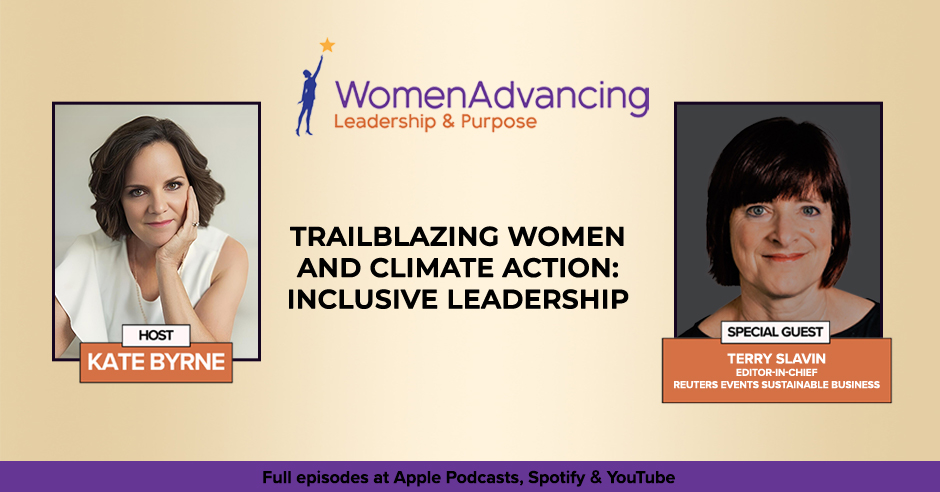
In my conversation with Terry Slavin, Editor-in-Chief at Reuters Events Sustainable Business, we dive into the intersection of climate leadership, diversity, and the power of storytelling. As the driving force behind Trailblazing Women in Climate (now in its 3rd year) Terry has spotlighted the impressive leaders reshaping sustainability, such as former President of Ireland and Co-Founder of the Project Dandelion and others. We discuss the recent findings in their Diversity and Inclusion issues that reveal why inclusion isn’t just a moral imperative, but a strategic one.
We explore:
- Why women are leading the charge in climate action—and what’s holding them back.
- The role of media in shifting narratives around sustainability and inclusion.
- What we all can do to have our own impact in supporting nature.
—
Watch the episode here
Listen to the podcast here
Trailblazing Women And Climate Action: Inclusive Leadership With Terry Slavin, Editor-In-Chief At Reuters Events Sustainable Business
Diversity. I want to think about that word because, far too often, we only think of its importance in the workplace. Frankly, we’re not going to even be able to think about it there very shortly and perhaps in a financial portfolio. It’s truly crucial to a thriving climate as well. As the floods, fires, earthquakes, and tornadoes reflect, we’re in a dire state of imbalance. We’re not doing a great job.
In my conversation with Terry Slavin, the Editor-in-Chief at Reuters Events of Sustainable Business, we dive into the intersection of climate leadership, diversity, the power of storytelling, and the women sharing those stories. As a driving force behind Trailblazing Women and Climate, Terry is spotlit. The impressive list of female leaders reshaping sustainability includes the former president of Ireland, the co-founder of the Project Dandelion, and others representing voices from nearly every continent.
We discussed the findings in their diversity inclusion issue that reveal why inclusion isn’t just a moral imperative but a strategic one. We explore why women are leading the charge in climate action, what’s holding them back, and the role of media in shifting narratives around sustainability and inclusion. Finally, what can we all do to have our impact in supporting nature? If you care about the future of our planet and the people shaping it, this is the conversation. It’s a must-read. You’ll learn a tremendous amount.
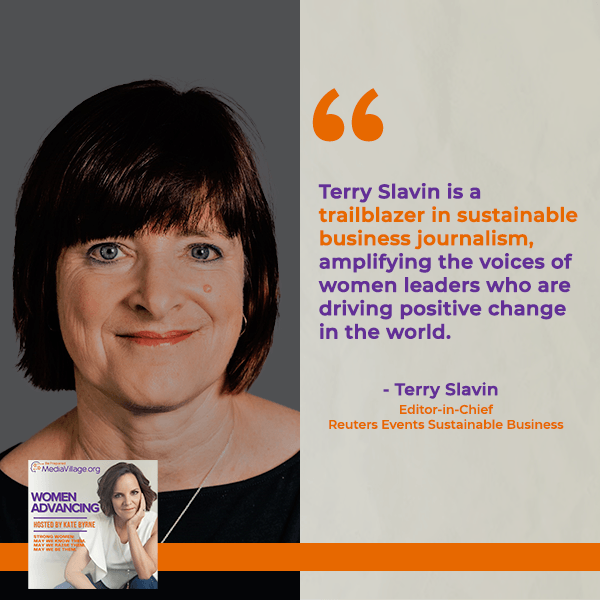
We’re so fortunate to talk to a voice that is highlighting and showcasing world-changing, trailblazing women. We want to welcome to the show Terry Slavin, the Editor-in-Chief at Reuters Events Sustainable Business. Terry, welcome.
Thank you so much, Kate. It’s so well-timed that you’re approaching me about appearing on your show.
The Trailblazing Women In Climate Leadership
We had climate challenges, at least in my country, with regard to the notion of diversity and inclusion. I’m excited to dig into all of that. You’ve got this Trailblazing Women in Climate list, which you’ve given us a history of. If you feel comfortable sharing, maybe a few of the folks are on it.
We’ve been doing it for three years in 2025. I came up with the idea a couple of years ago. The first one was a list of 25 trailblazing women. I thought I had a pretty exhaustive list. I wanted to highlight women working across the climate space. Not just the big policymakers but also the corporates, the entrepreneurs, and the activists as well. That’s what we’ve done. We’ve tried to balance it between those four groups.
It’s a huge challenge. It takes people working on it from all different areas. The collaborative nature of climate, biodiversity, and social challenges decided it was such a good idea that they would also do it for each of the sectors that Reuters Events does. Even though we’re a sustainable business, this is very much focused on that slice of sustainable business, which is climate.
For 2025, we’ve decided to go to twelve people. Rather than just naming people, I got in touch with every single one of them and asked them to give their bios and thoughts on some of the most pressing challenges faced by women and everyone as a community in terms of climate change and what gives them hope in terms of the future, especially given the challenges we have. It’s inspirational because there’s so much bad news. Things seem to be going backward quickly. You need to look at what’s positive and where progress is. Women are very much at the forefront of that.
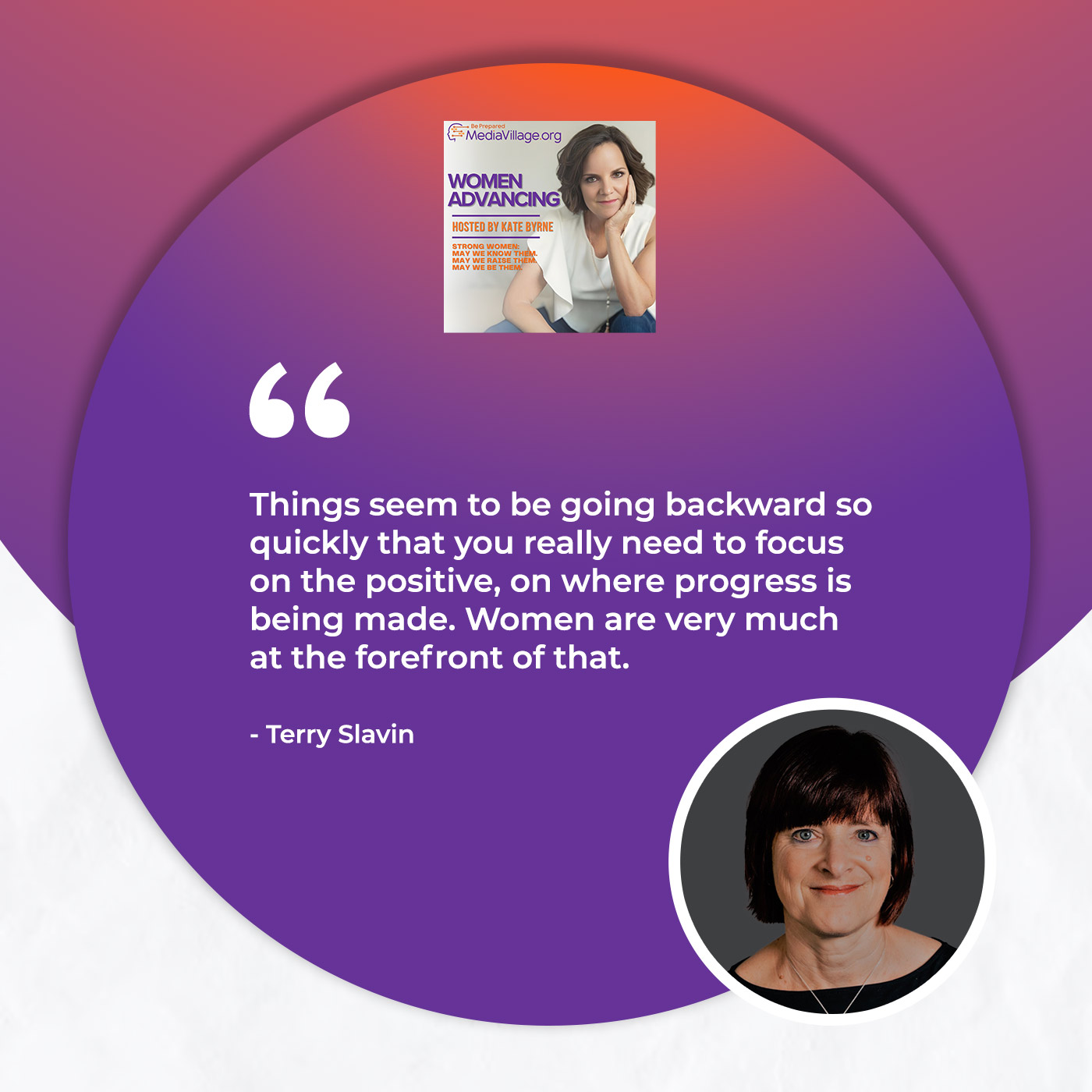
That point is interesting about focusing on positivity in such seemingly very dark, ever-shifting times. I worked with the George Lucas Education Foundation. That was what we had strove to do with Edutopia, focusing on the positive things taking place in education. It’s so easy to slip into negativity, which results in apathy. It increases and speeds up the backward spiral. How do you go about selecting or choosing these women? Do people nominate them? Is it you scouring?
It’s a little bit of a nomination. I sent out emails to colleagues in Reuters, Reuters News, the journalists who write for me, and the conference organizers of our events, asking them to suggest people. A lot of them are people I’ve known very well. I’ve been watching them for years. I put them forward on my behalf. It became slightly more formalized in 2025. It’s unlike other awards where it’s people putting forward applications. We’re doing this completely on merit. A lot of it is from journalists covering this for years.
One of the people I was keen to see was the former president of Ireland. She’s a member of The Elders, B team and a co-founder of a new initiative. That’s women pushing away, particularly on fossil fuel subsidies. In all her other work, she was formerly the UN High Commissioner for Refugees and Human Rights, with climate justice at its core. On the hope front, she talks about dandelions.
They’re not a very pretty plant. People see them as weeds. They want to get rid of them, but they’re incredibly tenacious and important in biodiversity terms. They grow in the most unsurprising places. They grow everywhere. We’ve got an Undersecretary General of the UN. She’s been working for more than 30 years in development economics and environmental sustainability. I haven’t seen her featured in too many of these kinds of lists.
The Green Climate Fund is the largest multilateral climate fund, overseeing nearly $15 billion in investments across 130 countries. She was CEO of Climate Investment Funds, which is a major funder under her direction for the Just Energy Transition Partnerships. Those are partnerships with countries to get away from fossil fuels.
The impact of what’s happened with the evisceration of USAID is going to be dramatic. It’s important to have a very strong person at the helm, which she is. She’s from the Center for International Forest Research and World Agroforestry. That’s a critical partner working in the developing world on nature and biodiversity. She’s from Rwanda. Those are some of the women on our list for 2025.
That’s an extraordinarily impressive list. What I love is the breadth of subject matter expertise and also the number of continents represented.
We’ve also got the co-founder of India’s largest renewable energy company, Renew, which generates 10% of the nation’s wind power and energy power. She’s an important player, too. In her comments, she said that for emerging markets, what’s happening in the US could be a strong opportunity for countries like India to position themselves as alternative manufacturing hubs. Strengthen domestic supply chains, invest in critical minerals, and accelerate what’s happening in India, which has been very impressive in renewable energy. You hear a lot about China. There’s been a lot happening in India as well.
That is fantastic. Now more than ever, the notion of Project Dandelion couldn’t be more perfectly counted. I envision all these little seeds and pods of these different groups of dandelions taking it up and becoming very grassroots. Let’s face it. We, women, are the queens of that. There’s an instinctive understanding of systems thinking and connectivity, mycelium, if you will.
That’s a point. That’s why women’s leadership is so important. In the climate space, unlike some other sectors, Reuters Events covers, they also have trailblazing women lists, but they have a lot of difficulty getting women in some sectors. It’s not very hard in sustainability to do that. In fact, about half of sustainability professionals are women. There’s real gender representation there. Women who are working on this issue who aren’t in sustainability roles, who are founders, CEOs, and entrepreneurs, have a lot more difficulty. In the energy sector, women have fewer than 12% of leadership roles compared to 15.5% in non-energy firms. In the renewable energy space, it’s only 10.8%.
The Unique Impact Of Women In Climate And Sustainability Leadership
It is horrific. When you think of female founders, the numbers getting funding from VCs are less than 2%. Add race to that. It’s abysmal. Some changes are taking place with regard to diversity and inclusion agendas being essentially abolished. Thank the Lord that there are women getting out ahead and making changes. What do you think women bring to leadership in a climate and sustainability space that is different from men or is that even a fair question?
You answered it earlier, Kate, in the sense that it’s about being able to systems-think, be collaborative, and reach out across silos to the whole ecosystem involved. Also, more concern for equity and justice. We’ve seen social companies involved in the social sphere. One of the articles written has done specific research on why women are getting so little part of that funding and the impact it has.
She said there’s this narrative that women are not very confident, don’t know how to network, and aren’t good at pushing themselves. She interviewed 100 female entrepreneurs. A lot of them have been very successful. They managed to go on and found their own companies. It’s not through lack of networks. What they need is funding. She also did a deep dive into one of the Angel VC companies, talking to both men and women.
There’s this narrative that women lack confidence or don’t know how to network, but the real issue is access to funding. Share on XShe said that gender issue was there. I don’t know the statistics, but there are many more men in these roles. There are unconscious and conscious biases. The companies they are funding are technology and AI. You talk about all those tech bros, but women are more concerned about founding companies addressing social and holistic challenges.
Diversity And Inclusion In The Climate Space
Female leaders are instinctively more triple-bottom-line or even quadruple-bottom-line thinkers for no other reason, other than it frankly makes sense. If you take care of the planet, which is your resource, you’re taking care of your customers and people. That results in profit because everyone will not only thrive but live. I’ve never understood why people had such a problem with that. Some shifts are taking place. I want to shift a little bit into diversity and inclusion. You’ve published an issue of the magazine devoted to this. Tell us a little bit about it.
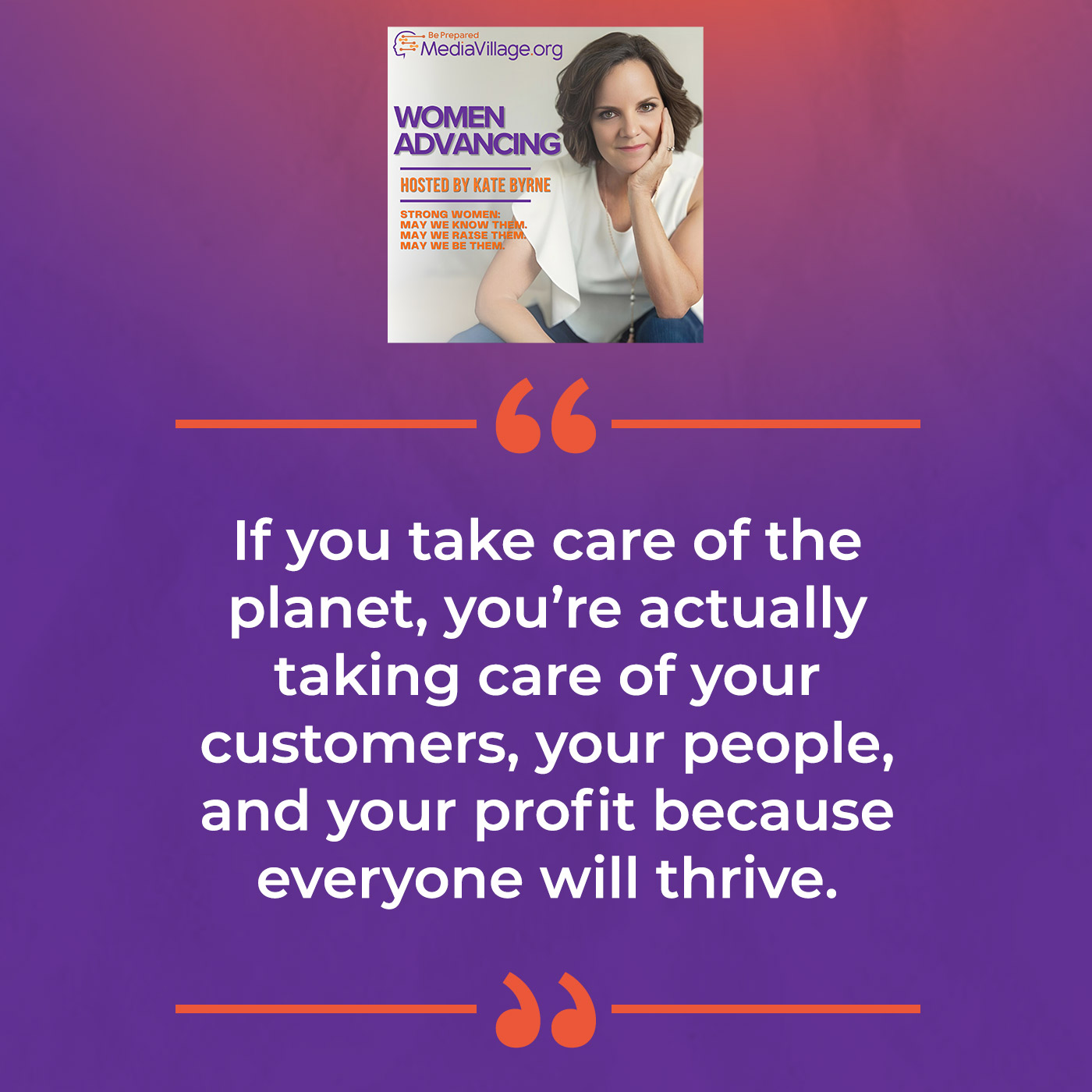
One of the findings is that you’ve heard a lot about what some of Trump’s executive orders are going to mean in terms of representation in companies. Not that those executive orders are targeted immediately at the private sector, though they are targeted at government contractors, of which there are a huge amount. All the big companies are government contractors.
Ever since the 2023 Supreme Court ruling against affirmative action at colleges, there has been a campaign spearheaded by thirteen Attorneys General of Republican states threatening legal action. I was aware of this on the climate front before this, but it was clear they were also targeting diversity and inclusion front even more so. Companies had already been stepping back. Some were being very hurt in the courts and sued by shareholders.
In a way, it’s understandable how companies are trying to mediate that risk. Some companies have pulled back, trying to change the wording rather than making fundamental changes to their programs in some cases. Even McDonald’s, which had a global inclusion team rather than a global diversity team, ended representation goals. A lot of big banks have also done that. A lot of companies have rolled back on that.
That’s going to have a huge impact. Reuters News has covered this very well. They’ve been doing research and found that a lot of these companies dropping these initiatives were not doing very well against their targets anyway. They came in 2020 after George Floyd was killed and the Black Lives Matter movement began. The thing to do was to jump on that bandwagon.
I was surprised and disappointed when thinking about McDonald’s and companies like Walmart, which have tremendous real estate and are among the largest diversity employers. The real estate means there is space within neighborhoods for these spaces to be hubs and community centers. It’ll be interesting to see how they navigate it. Sometimes, it’s just wording. There are workarounds.
In the education sector, there’s a lot of this taking place, especially at the senior level. In business schools, there’s a huge concern from international students if they want to come to the US or not because they may not be able to get back, there’s no special funding, and they can’t afford it. We’re going to end up feeling it sooner than we think. That’s going to be a shift that people are going to feel quickly, as opposed to gradually over time.
Another component of this is supplier diversity programs.
I want to ask you about this one, too.
Some date back to the ‘60s. A lot of companies joined the bandwagon, but supplier diversity companies say, “We’re going to spend a certain amount with non-White male companies.” In a lot of the context, that’s Black-owned businesses. Companies like Google and others that have since dropped away pledged to spend at least $1 billion a year with diverse suppliers. The people who are going to be hurt the most are especially Black women entrepreneurs.
Another surprise to me as I looked into this was that Black women are the fastest-growing and biggest group of entrepreneurs in the US, possibly because they have to start their businesses. They don’t have a choice because they have trouble getting meaningful employment. The failure rate is huge. Access to capital is half of what even White women entrepreneurs get. That is going to hurt.
When Target dropped its diversity initiatives, it wasn’t part of the billion-dollar roundtable but was still spending that kind of money with suppliers. Walmart dropped out in November 2024. Target dropped out after the election or in January 2025. Civil rights groups said, “Let’s boycott Target.” Some of the Black entrepreneurs said, “No. We need that money. Don’t boycott Target.”
That’s my platform and channel right there. You see how it all plays out. Companies need diverse backgrounds because that mirrors their customers. You get me, see me, and understand my needs. When you’re coming up with a new product, you have the features I care about, as opposed to stupid nice-to-haves.
There’s been research. It was the Boston Consulting Group Research on how companies with more diverse employees, especially in executive level management, are able to come up with products that are more appealing to people. When women are CFOs or Chief Financial Officers, where they’re in that position, in leadership, they have much more power. The more power they have, the more innovation you often get from companies.
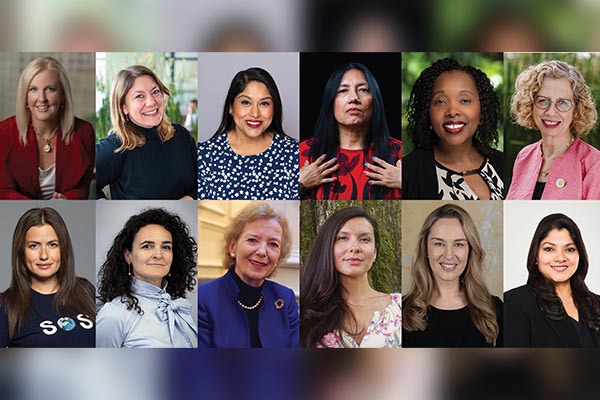
Climate Action: When women are in leadership positions, they have much more power. The more power they have, the more innovation you often get from companies.
Trends And Innovations In Sustainable Business
I always think it’s interesting because one would think that innovation is somewhat risky. It’s untried or that sort of thing, yet that is the very thing that so often, a lot of people complain about females as investors. They’re risk-averse. I beg to differ. They do a lot of due diligence but are more willing to take a chance on something and provide much more patient capital. That’s a little bit off-topic. I want to get into some potential positivity. Let’s talk a little bit about trends and sustainable business. What are you excited about? Are there hopeful glimmers of light out there in terms of shifts or promises?
Something I have been excited about has been those connections being made with climate and nature. You had, for example, the task force on climate-related financials, which has changed the landscape in terms of financial reporting and has led a lot of what companies have done on climate. A couple of years ago, you had the launch of the task force on nature-related financial disclosure.
Nature provides 30% of nature-based climate solutions. You can’t separate the two. A lot of companies thought that you could solve for climate and then worry about nature and biodiversity. That was all in the too-hard, too-difficult box. In fact, they need to happen at the same time. You saw that even with a carbon disclosure project or CDP, which has led to this, they were very much about climate and weren’t focused on looking at nature. That has shifted around a lot in the last couple of years.
You can't solve climate problems and then worry about nature and biodiversity. They need to happen at the same time. Share on XTo me, that’s another one of those things that is a duh. It starts with nature, doesn’t it? That’s where it all begins. That’s the root, appropriately, but if that’s the root, I don’t see how anyone could decouple.
That makes sense to me as well. Even Donald Trump, in his first term, had supported funding for tree planting. That has very widespread appeal. The thing about nature is not only about climate mitigation because of absorbing all the CO2, what values whales have, and how the Amazon is absorbing CO2, but it’s also about adaptation. That’s the most critical issue, and that’s finally getting talked about much more.
Take the impact of planting trees in cities, for example. Also, the value that mangroves have, not only for capturing CO2 but for protecting against storm surges. It’s the fact that funding is going because it plays those two roles. Given where we are with climate, almost every month brings very negative indications of how far off track we are. We have to think about adaptation at the very same time as we’re mitigating. It’s much more immediate. It affects people immediately.
Balancing Journalism And Advocacy In Climate Change Reporting
You’ve done such a great job. Think about this within the last half an hour. We’ve talked about the fabulous work you’re doing with raising the visibility of the females leading the charge, and males, too. All the work.
All hands on deck.
It takes a minute. There are a lot of people there. Advocating for change, how do you navigate that line between journalism, content creation, and then advocacy in your role?
I don’t think of myself as an advocate, especially with Reuters on the news side, the importance of balance. All the features we write end up on Reuters.com. We have to have balance in our coverage. To me, there’s no question about what’s happening with climate change. It’s real. I see our role as being a critical friend. The very difficult thing has been issues of greenwash. Companies are jumping on that bandwagon. This is quite a controversial topic, but carbon markets.
Climate change is real, and our role is to be a critical friend. Share on XThere has been a lot of greenwashing and issues of integrity in carbon markets. That is being addressed. There are still issues with carbon markets. We ran a column talking about how, with USAID being eviscerated, carbon markets are a way to get some funding, especially for things like clean cookstoves, which have a huge amount of social benefits as well as climate benefits. There’s also been a lot of talk about insetting emissions in companies, companies addressing their supply chains rather than buying carbon credits to make up for a shortfall in what they’re able to do in their backyard.
You need both. You do need credits with integrity that can help bring finance to clean cookstoves and the amount of health issues related to indoor cooking, women not having access to, and girls not able to go to school because they’re having to fetch firewood. All those issues need to be addressed. We see ourselves as a critical friend, trying to identify best practices. Companies may not be perfect, but they are doing something worth highlighting. The companies that are setting best practices and not shying away from showing where companies are falling away from that.
Advice For Those Wanting To Make An Impact In The Climate Space
It goes back to where we started, which is systems. This impacts this and this. Think about things with a longer-term vision and understand all that has to take place to make this one change. More than ever, we need everyone to do their part. There’s something we can all do. It starts with us, you and me. What advice would you give to those who want to get into climate space and to folks in general? What are some things they could do to make an impact?
In every community, there are so many things people can do. In their consumption patterns, they can eat less meat. On the food front, food systems are hugely important for both nature and climate. Much of deforestation is driven by meat, and people are aware of this. We’re trying to eat less meat and use public transport rather than trying to do that. Importantly, in people’s pensions.
People aren’t aware that their retirement savings go to the fossil fuel economy unless they have a sustainable option. Ask questions about your pension provider and look for greener, more sustainable pensions. They are out there. That’s from a personal point of view. It’s especially for young people who are trying to find hope. I’ve got three children myself. The kind of world they’re growing up in, to feel that they are doing something positive and making a difference is important to keep you going.
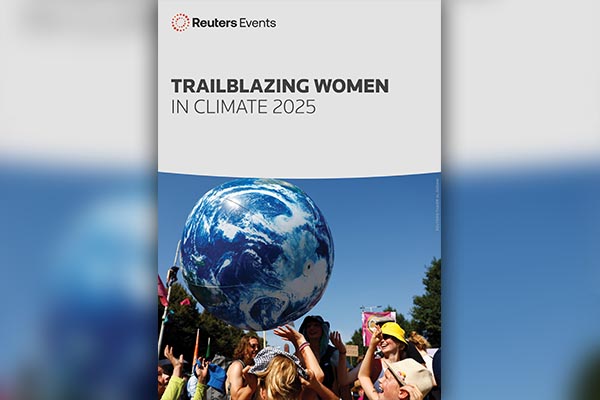
Climate Action: People aren’t aware that their retirement savings go to the fossil fuel economy unless they have a sustainable option. Ask questions about your pension provider and look for greener, more sustainable pensions.
You raise a good point about younger people within companies. It’s so important for those of you who find yourselves surrounded by them. Let’s face it. We’ve got 5 to 6 different generations in any given corporate setting. Many of them will not think, “I’m always done. People still don’t recycle.” There are things that you can do and groups that you can start within your own company that shine a light on some of these different shifts that can take place in a company. You can help your company diminish its carbon footprint, consumption footprint, and all of that.
You can also ask what your company is doing. If they’ve signed up for the science-based targets initiative or net zero, what are they doing to make that happen?
Some folks may say, “I got you.” It’s not “I got you” at all. It’s, “Where are we? Where are we going?” Many people, especially in technology companies, are very competitive. Inspire that competitive energy. It would be interesting if different regions had a competition of who could lower their carbon footprint, who had the greatest decline in consumption overall, or who had the greatest number of carbons. There are all sorts of things that we could do that would also serve as a gathering of the community at large and hopefully even help people understand how impactful the role we’ll play every single day.
One of the things I’ve been surprised about is how few companies are addressing business travel. A company like Microsoft has been offsetting. It’s been investing a substantial amount of money in sustainable aviation fuels. Microsoft is far from the only one. A lot of the tech companies have done so. When it comes to their business travel, ever since COVID, we all learned that we could work remotely. You don’t have to stop traveling necessarily, but do you have to be in business class, which has twice the carbon footprint of economy? Do you need to be flying around on a company jet? One of my hobby horses.
Advice Terry Slavin Would Give Her Younger Self
What advice would you give yourself knowing what you know now?
The advice I try to remind myself is that people are just people with outward appearances. There’s a lot of marketing involved. People market themselves. You have to not weigh or measure yourself against them. You have to have a feeling of what you want to do. I’m thinking of when I was in high school. I wanted to do journalism. There was a boy above me whom I admired. He was such a character, very outgoing and very flashy. He said he was going to journalism school. I thought, “If he’s doing that, there’s no way I couldn’t.”
You can make mistakes and wrong choices, but sometimes, you just need to trust your gut, choose what you think is the best route, and then make the most of it. Share on XI ended up taking another program at another university. Within that first year, I realized I could do it. I changed universities in the second year and got into journalism. He ended up dropping out of the program. You need to have confidence in listening to yourself and not measure yourself against what seems to be in other people. Especially with what’s happening in the world, there’s a lot of misinformation and deepfakes. You have to set your compass and be true to that.
You have to have the confidence piece. They always say to listen to your heart because the heart sees what the eyes miss. Pay attention.
You can make mistakes and wrong choices. You can be paralyzed sometimes by indecision, but sometimes, you can go with your gut, choose what seems like the best route, and make the most of whatever you choose. You’ll never know how it would have gone the other way. Making the most of that and putting your energy into that path is what matters.
Terry, thank you so much. It’s incredible insights. There’s so much I’ve learned from this, which is fantastic. Everyone, keep your eyes out for the diversity and inclusion issues that Reuters has done, the Sustainable Grants, and this Trailblazing Women initiative. It’s fascinating and amazing. In 2026, we’ll do a circle-up and see who’s on the list.
Excellent. I’m looking forward to that. Thank you very much, Kate. I enjoyed our conversation.
Important Links
About Terry Slavin
 Terry Slavin is editor-in-chief of Reuters Events Sustainable Business, and edits Ethical Corporation, Thomson Reuters’ sustainable business magazine, based in London. She also commissions commentary and contributes to the Industry Insights column on the sustainability section of Reuters.com.
Terry Slavin is editor-in-chief of Reuters Events Sustainable Business, and edits Ethical Corporation, Thomson Reuters’ sustainable business magazine, based in London. She also commissions commentary and contributes to the Industry Insights column on the sustainability section of Reuters.com.
Terry has specialised in business and environment issues throughout her career, both as a writer and editor. She has worked for news publications in her native Canada, Australia, for the Asian Wall Street Journal in Hong Kong, Knight-Ridder news agency in London and The Guardian, among others, before becoming editor of Ethical Corporation. She is particularly interested in the intersection between business, nature and development issues. @tslavinm
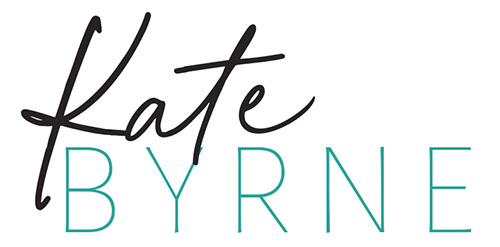
Good https://lc.cx/xjXBQT
Awesome https://is.gd/N1ikS2
Good https://is.gd/N1ikS2